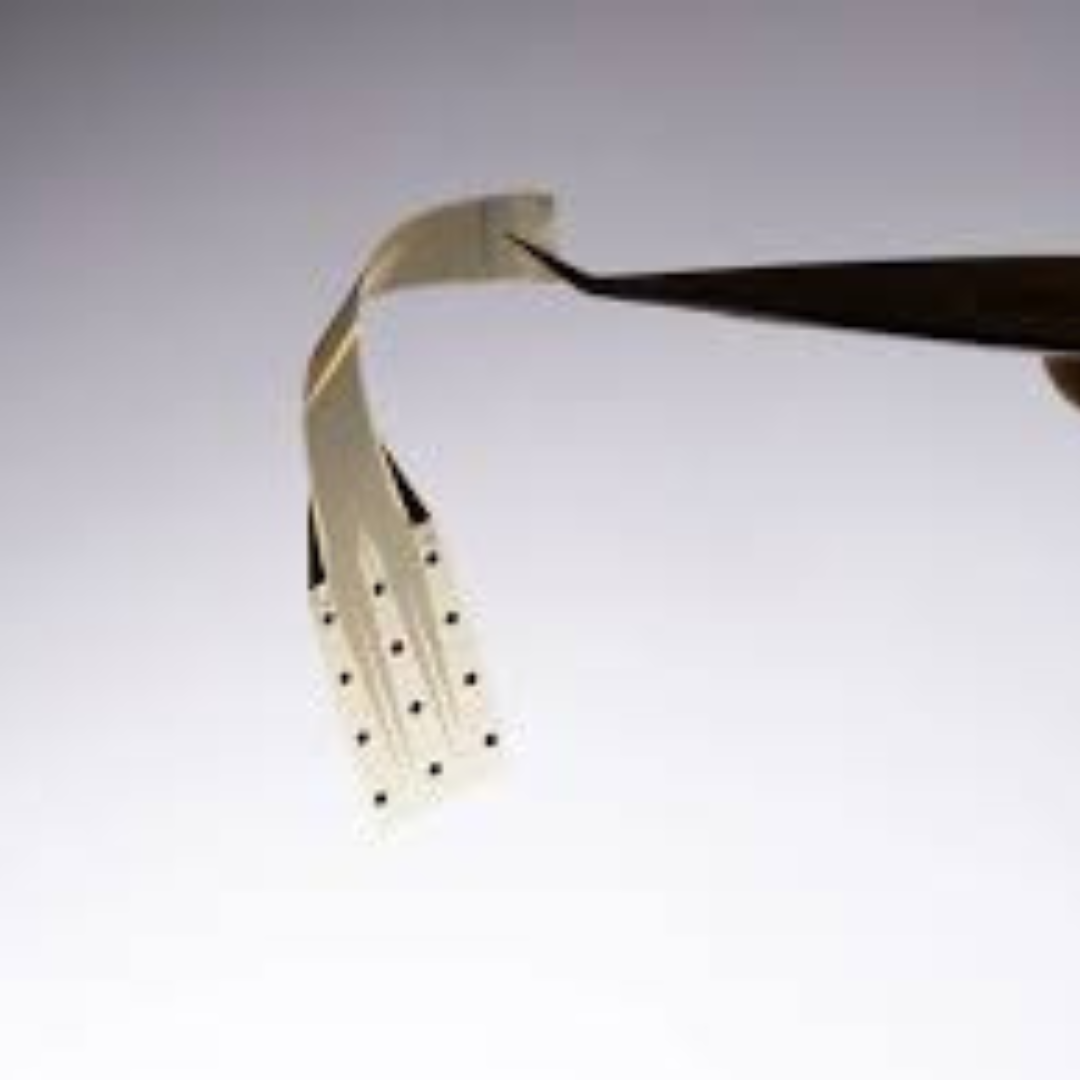In a major breakthrough for brain-computer interface (BCI) therapeutics, Spanish startup Inbrain Neuroelectronics has successfully closed a $50 million Series B funding round.
Founded in 2020 within the Barcelona Science Park, Inbrain is committed to advancing the precision of neurological treatments through innovative graphene-based technology. This latest round of funding brings Inbrain’s total capital raised to $68 million, marking a significant milestone for the young company.
The investment round was spearheaded by imec.xpand, with robust support from new backers, including the EIC Fund, Fond ICO Next Tech, CDTI-Innvierte, and Avançsa. Previous investors, like Asabys Partners, Aliath Bioventures, and Vsquared, also reinforced their commitment to Inbrain’s mission by participating in this round. Additionally, the company has forged a strategic alliance with Merck KGaA, enabling the development of clinical applications within Merck’s therapeutic focus areas. This partnership is anticipated to propel the adaptation of Inbrain’s BCI technology for real-world clinical use, with an emphasis on expanding applications across both the central and peripheral nervous systems.
Inbrain’s approach stands out due to its use of graphene, an exceptionally thin and highly conductive material recognized for its flexibility and strength. Graphene’s extraordinary properties make it ideal for creating ultra-thin implants—at only 10 micrometers, even thinner than a human hair—that can accurately decode and regulate brain signals. This BCI platform is designed to operate bidirectionally, allowing for real-time decoding and modulation of neural activity, a major leap forward in precision neurology.
With this new funding, Inbrain plans to accelerate the development and clinical testing of its graphene-based BCI platform. This will include expanding the team, enhancing its artificial intelligence (AI) platform, and advancing trials to demonstrate the potential of this technology to transform neurological disease treatment.
Carolina Aguilar, CEO and Co-Founder of Inbrain Neuroelectronics, expressed her optimism about the path forward: “We are thrilled to lead the way in brain-computer interface therapeutics with an AI-driven, graphene-based approach that has already shown impressive results against existing neuromodulation solutions. The support of our investors and partners, including Merck, brings us closer to delivering precision treatments that cater to each patient’s unique neural patterns.”
Inbrain’s technology is particularly promising for a range of neurological disorders where existing treatments may lack the precision and personalization needed. By advancing this cutting-edge approach, Inbrain seeks to redefine how neurological diseases are treated, moving towards a future where brain signals can be decoded and modulated with unmatched precision.
This funding represents a strong endorsement of Inbrain’s vision and positions the company as a frontrunner in the rapidly evolving field of brain-computer interfaces. As Inbrain progresses, the startup is poised to impact the lives of millions by providing solutions that are not only safer and more effective but also groundbreaking in the field of neurology.






